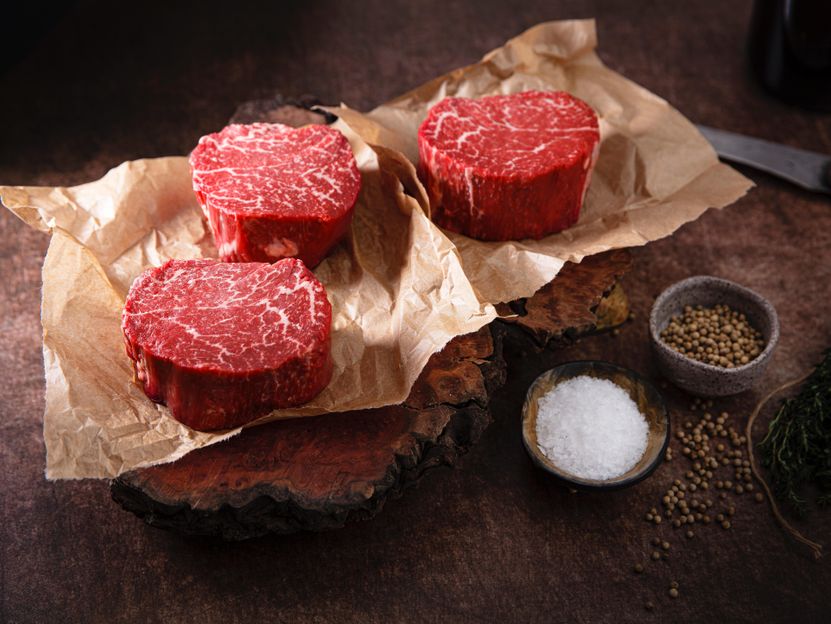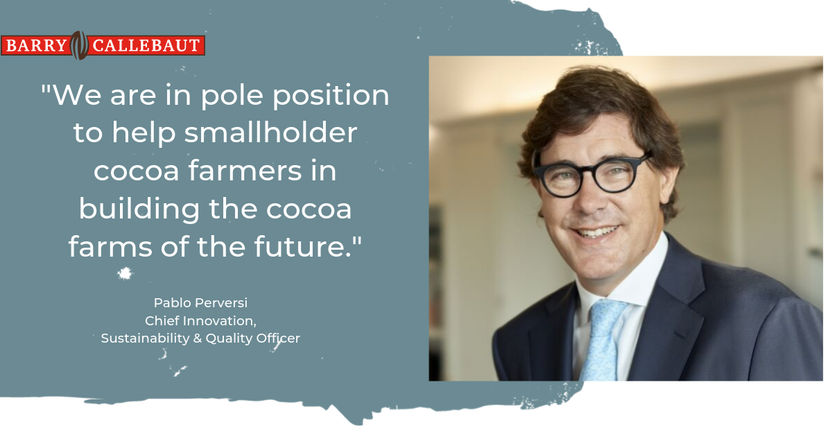Leonardo DiCaprio Invests in Mosa Meat and Aleph Farms to Advance Development of Sustainable Cultivated Beef
DiCaprio joins two innovation powerhouses, as an investor and advisor, in growing global movement to transform the way meat is produced
Aleph Farms and Mosa meat, two companies leading the emerging field of cultivated meat, announce an investment from environmental activist and Academy Award winning actor, Leonardo DiCaprio. Both companies have demonstrated the ability to grow beef directly from animal cells, with the unveiling of the first cultivated hamburger by Mosa Meat in 2013 and the first cultivated steak and ribeye by Aleph Farms in 2018 and 2021, respectively.

Photo by Madie Hamilton on Unsplash
"One of the most impactful ways to combat the climate crisis is to transform our food system. Mosa Meat and Aleph Farms offer new ways to satisfy the world's demand for beef, while solving some of the most pressing issues of current industrial beef production. I'm very pleased to join them as an advisor and investor, as they prepare to introduce cultivated beef to consumers," said Leonardo DiCaprio.
With global meat consumption projected to grow 40-70% by 2050, cultivated meat offers a solution to greatly reduce the current negative impacts of industrial beef production. Additionally, cultivated meat will enable diners to enjoy the qualities of the meat they love, eliminating the need for any major behavioral change. Analysts have projected the cultivated meat market could reach $25 billion by 2030, as part of the broader protein transformation.
Maarten Bosch, CEO of Mosa Meat said: "Leonardo DiCaprio's work to bring about positive change is closely aligned with our mission at Mosa Meat. We are thrilled to bring him on board as advisor and investor and work together to feed current and future generations sustainably."
Didier Toubia, Co-Founder and CEO of Aleph Farms said: "As a committed environmentalist, we welcome Leonardo DiCaprio to our advisory board and family of top tier investors. Our team is committed to improving the sustainability of our global food systems and we're thrilled to have Leo share in our vision."
According to an independent Life Cycle Analysis study, cultivated beef production is projected to reduce climate impact by 92%, air pollution by 93%, use 95% less land and 78% less water when compared to industrial beef production. Cultivated beef production offers the opportunity to use the spare land for re-wilding habitats, which would naturally reduce emissions or for producing more food for people. Moreover, the automated process through which cultivated meat is produced, and the sterile environment of its manufacturing, will eliminate the use of antibiotics and greatly reduce the risk for pathogens, contaminants, and foodborne illnesses associated with concentrated and intensive animal farming.
Most read news
Topics
Organizations
Other news from the department business & finance

Get the food & beverage industry in your inbox
By submitting this form you agree that LUMITOS AG will send you the newsletter(s) selected above by email. Your data will not be passed on to third parties. Your data will be stored and processed in accordance with our data protection regulations. LUMITOS may contact you by email for the purpose of advertising or market and opinion surveys. You can revoke your consent at any time without giving reasons to LUMITOS AG, Ernst-Augustin-Str. 2, 12489 Berlin, Germany or by e-mail at revoke@lumitos.com with effect for the future. In addition, each email contains a link to unsubscribe from the corresponding newsletter.
Most read news
More news from our other portals
Something is happening in the food & beverage industry ...
This is what true pioneering spirit looks like: Plenty of innovative start-ups are bringing fresh ideas, lifeblood and entrepreneurial spirit to change tomorrow's world for the better. Immerse yourself in the world of these young companies and take the opportunity to get in touch with the founders.




























































